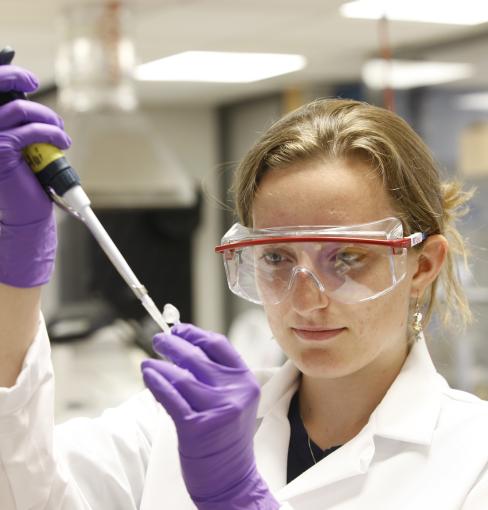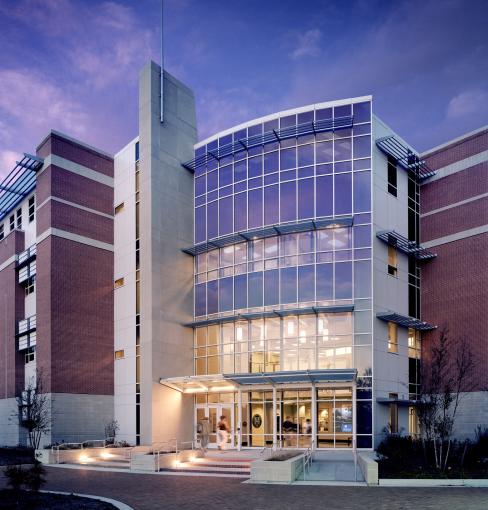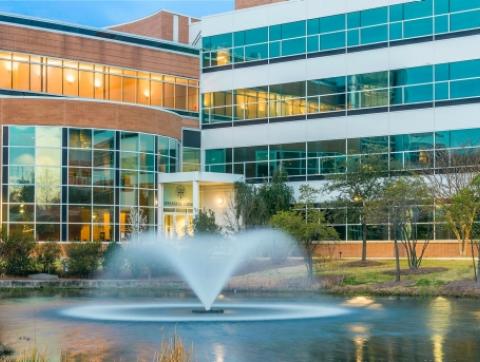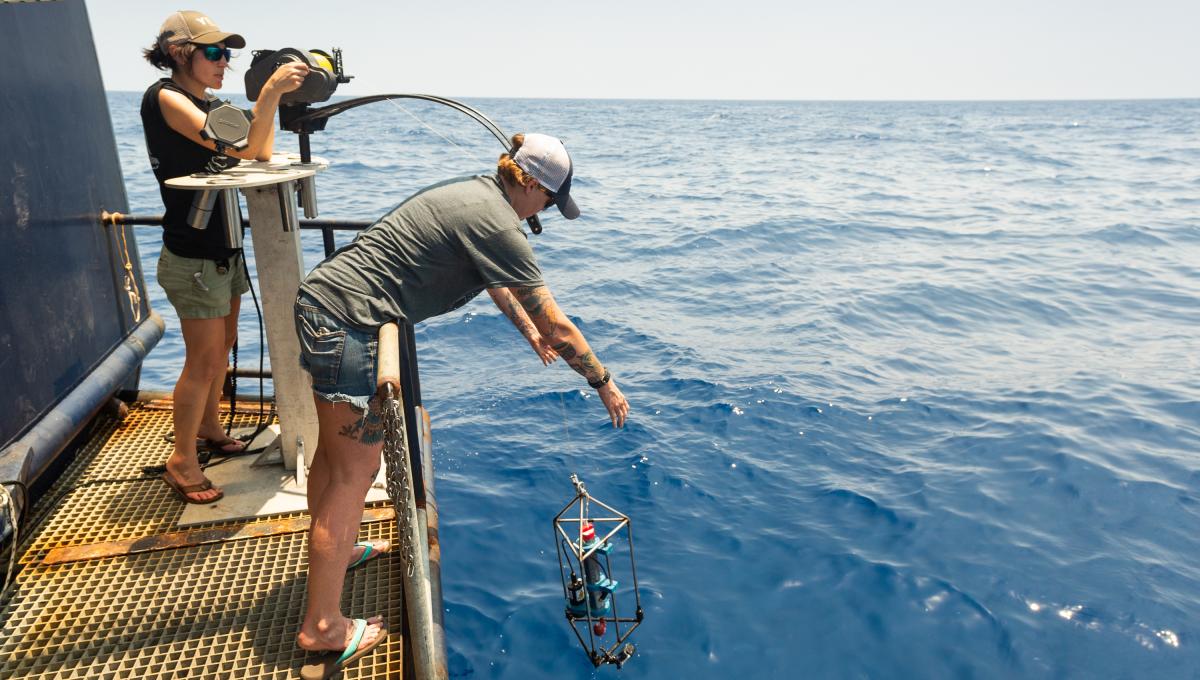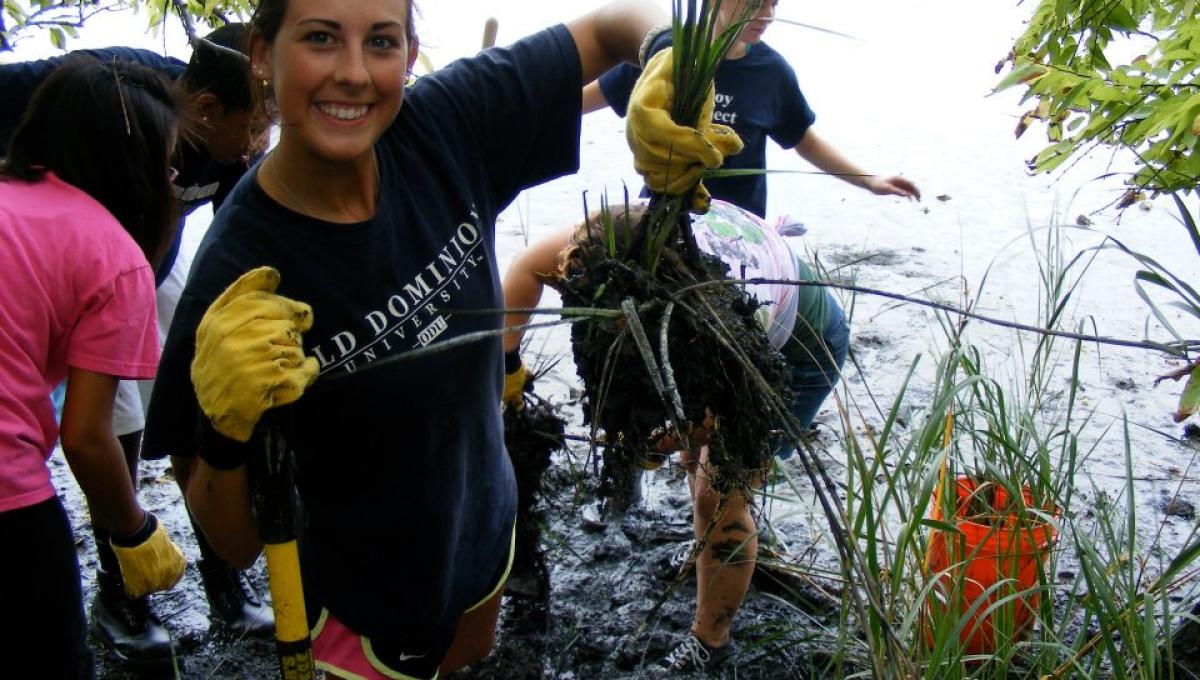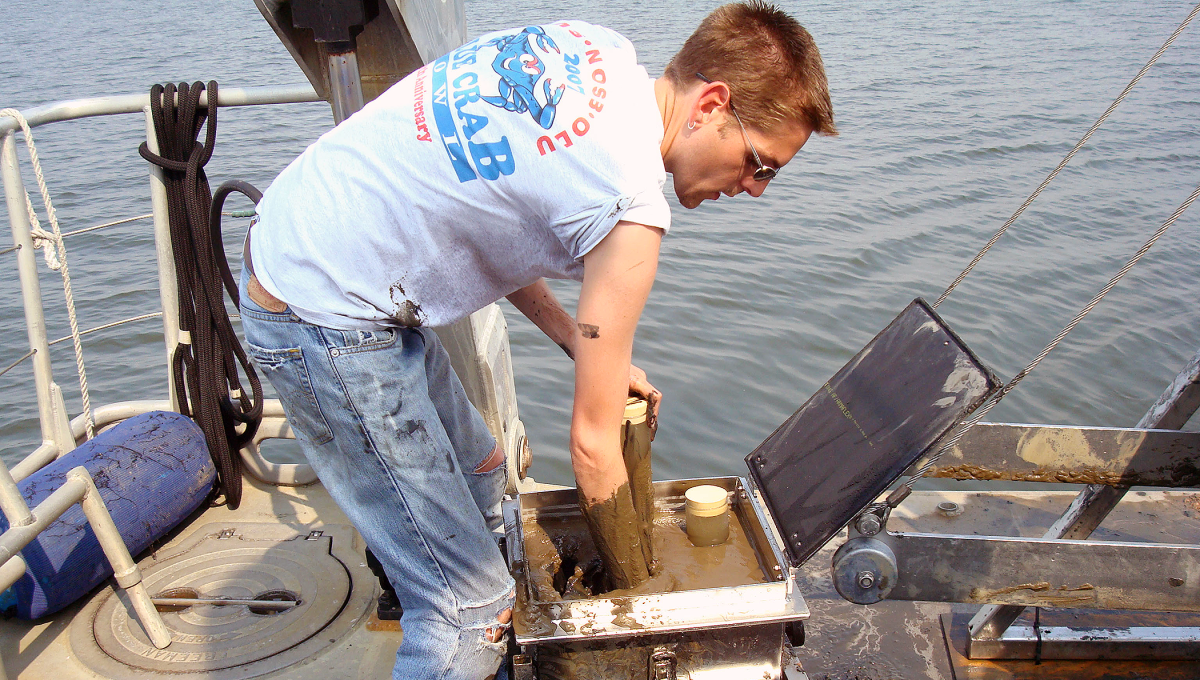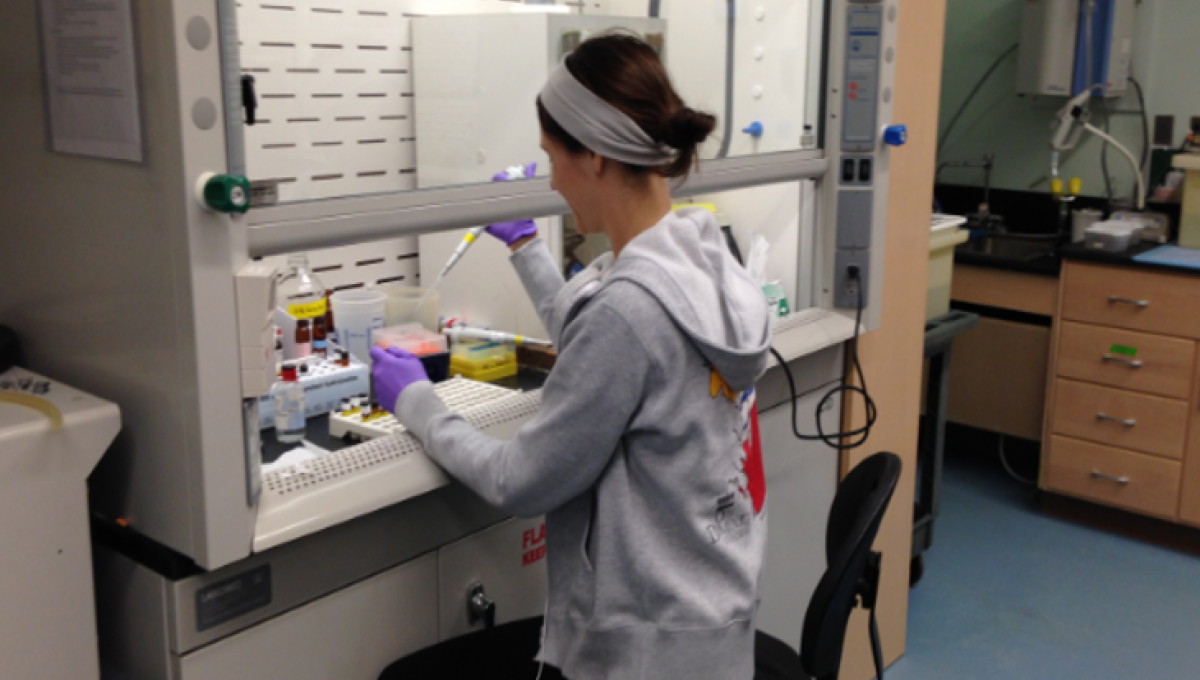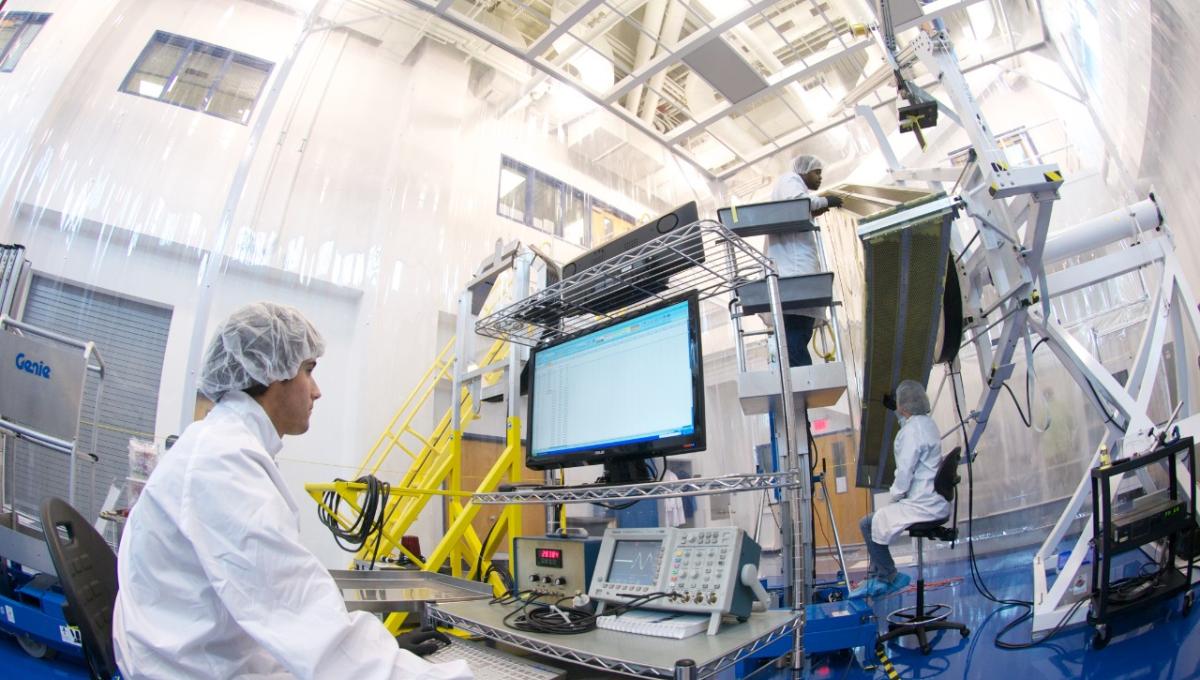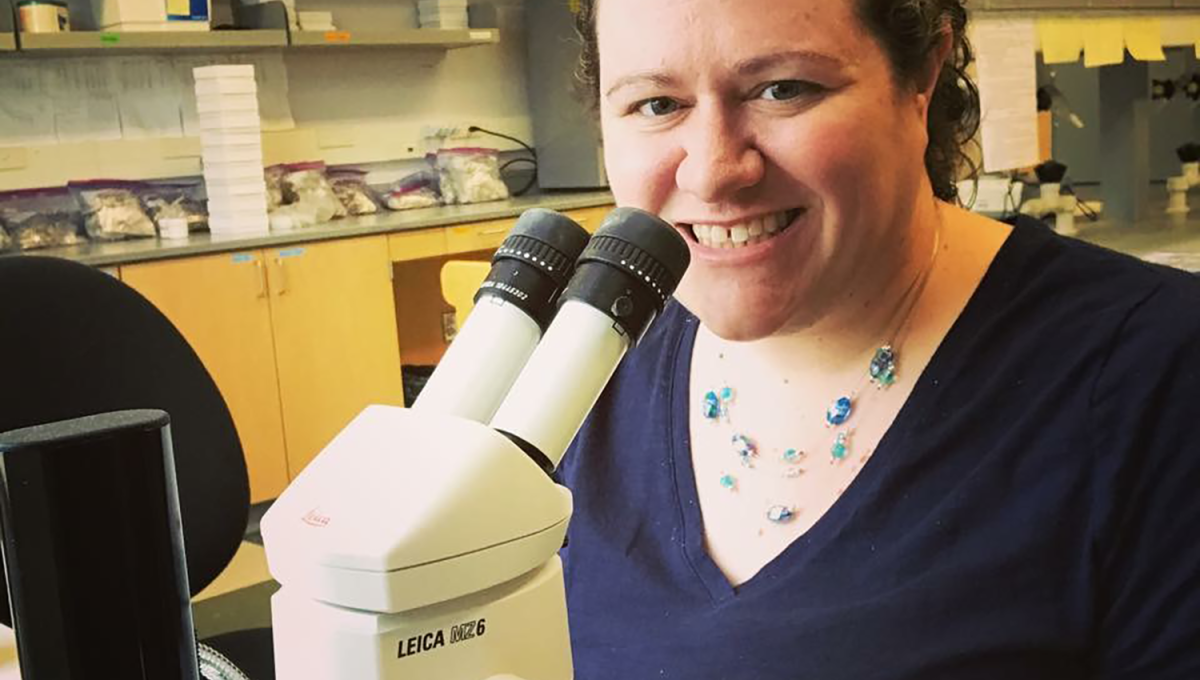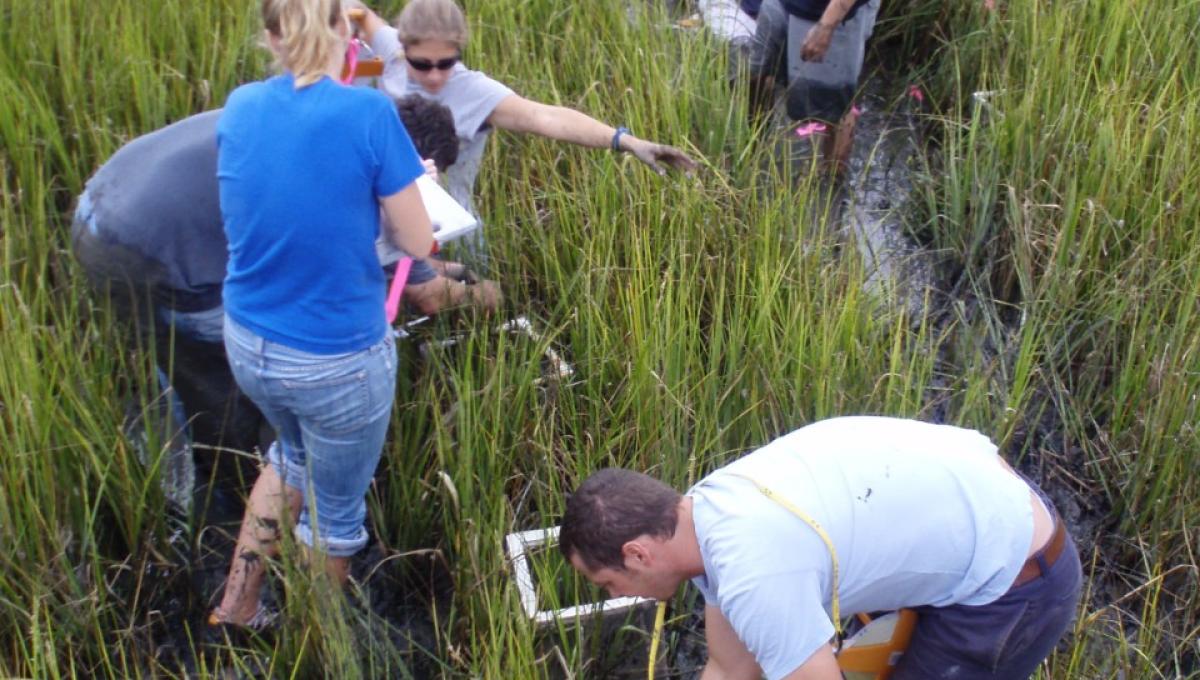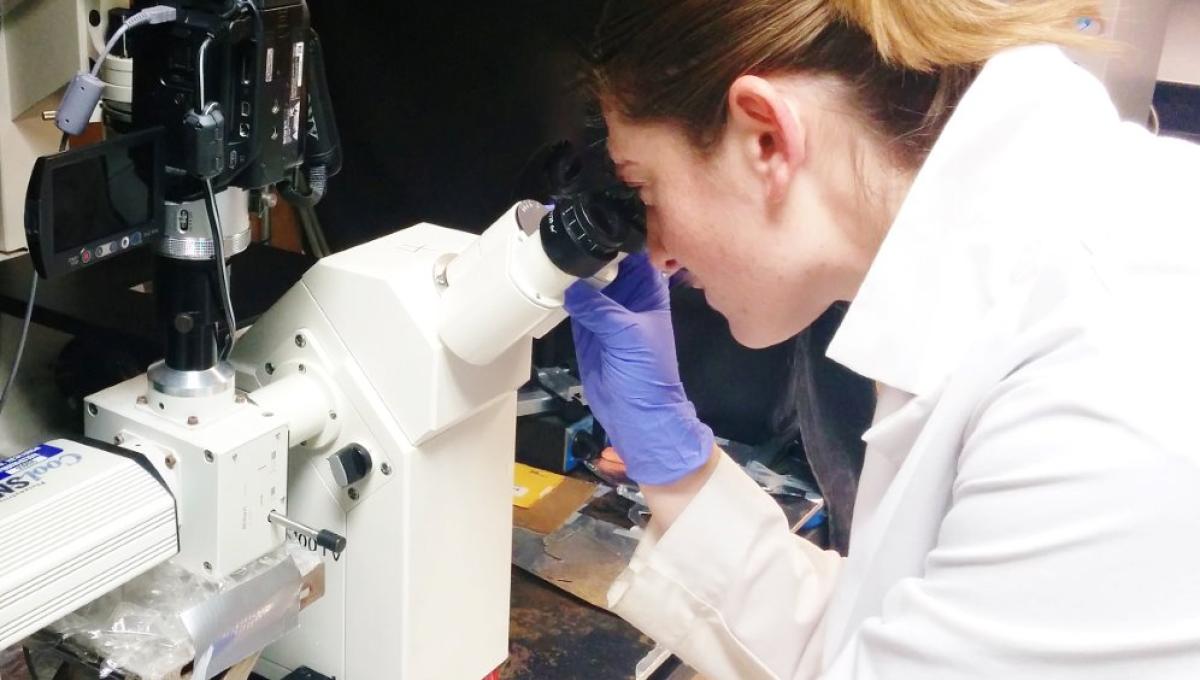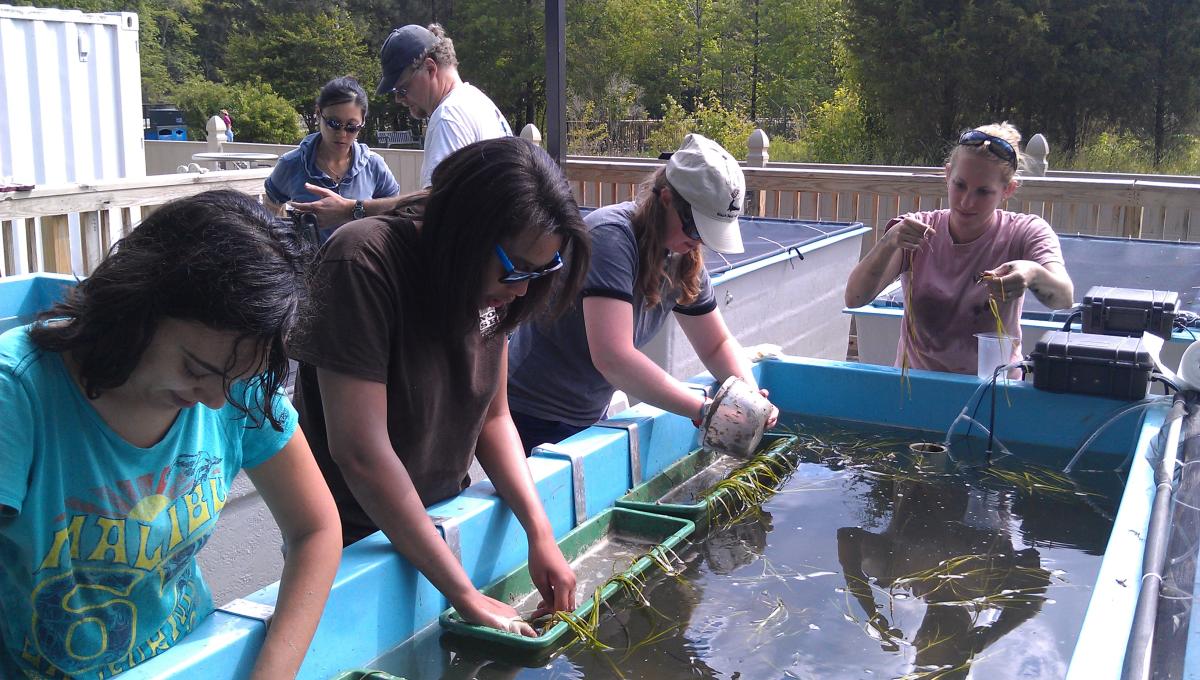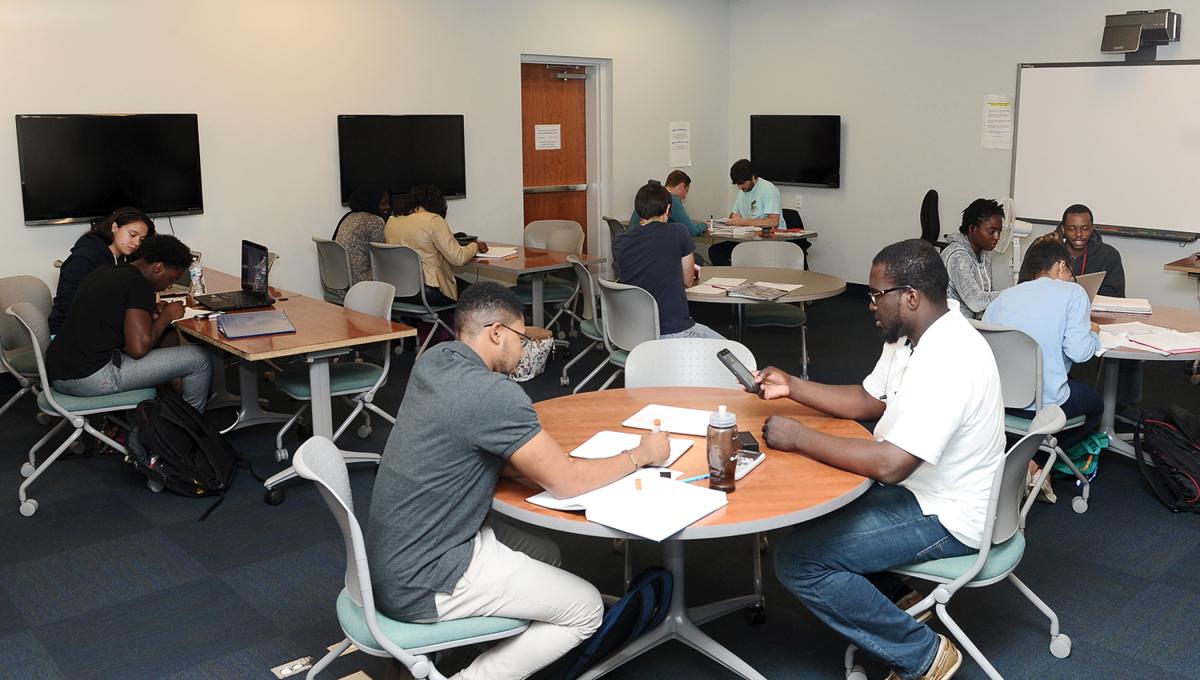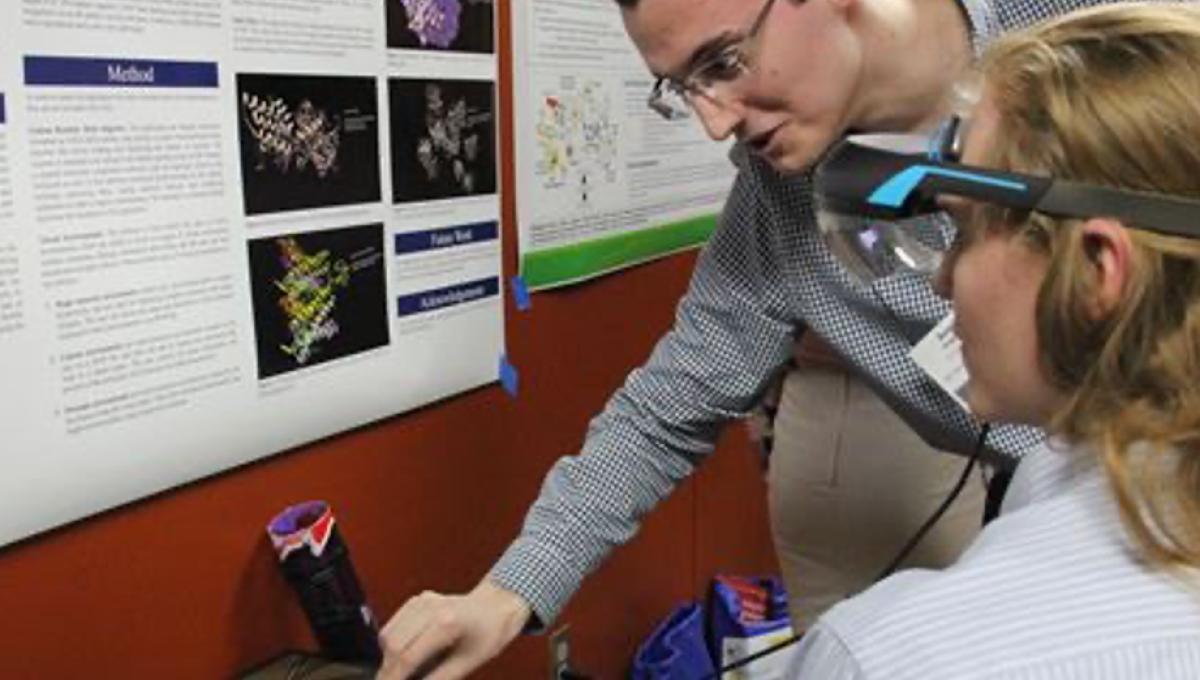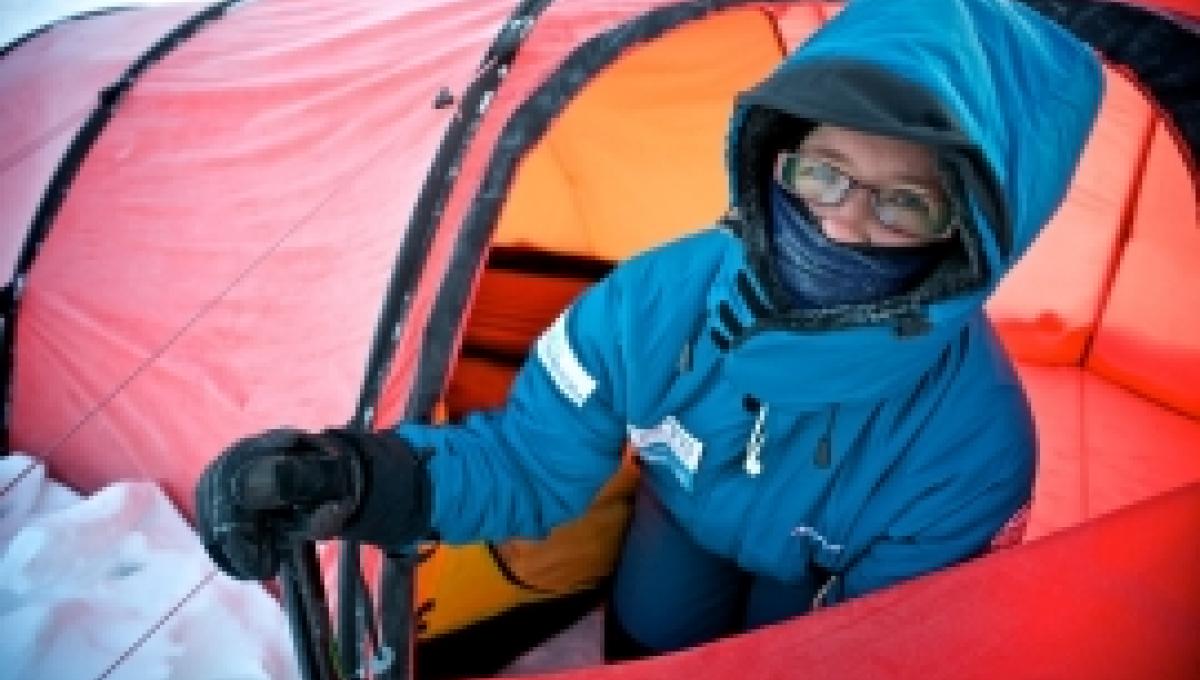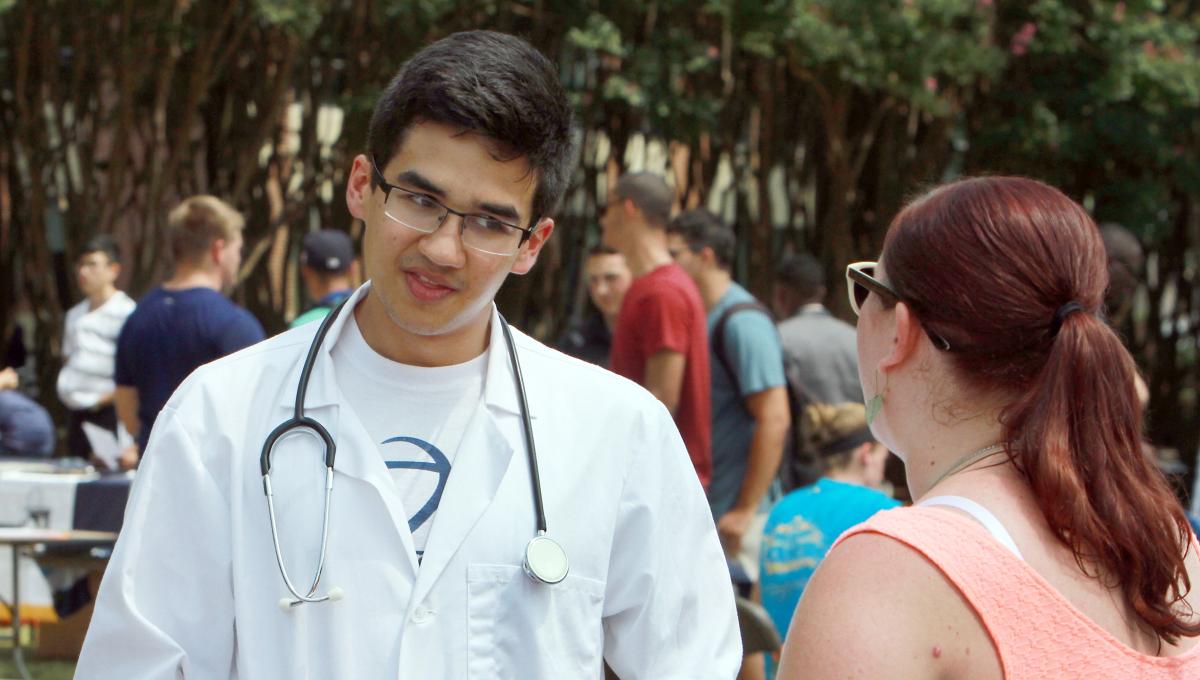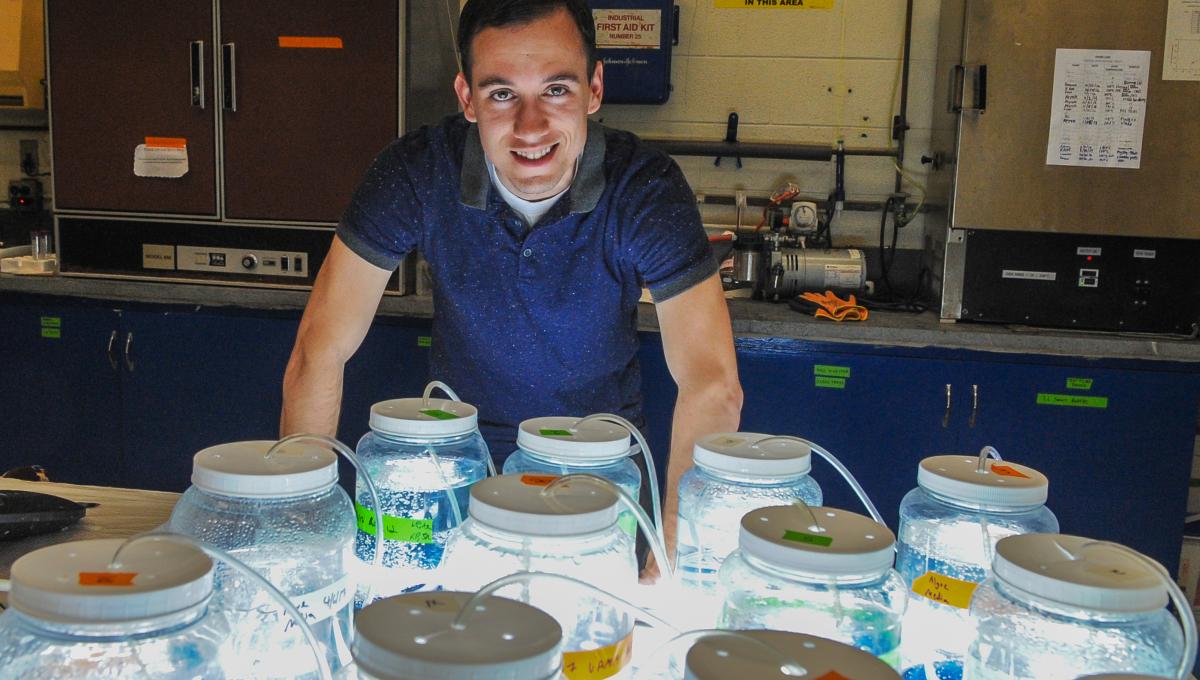Become a Monarch...
ODU College of Science students solve global problems, work in labs, and conduct research--whether in a classroom or out in the field. Whatever your scientific interests, as a Monarch you can make an impact in your discipline.
Explore Our Programs
ODU's College of Sciences offers many challenging and rewarding programs for Undergraduate & Graduate students. These programs offer students the opportunity to study in an outstanding and well-equipped research environment and to develop themselves into the scientists and innovators of tomorrow.
The College of Sciences is not only a top-tier research institution. Our accessible, diverse, and flexible learning environment is designed to prepare you for a demanding and challenging career in STEM. Build the future you here.
- Faculty: At ODU, you'll learn from faculty who are seasoned experts in their field, doing research that matters, and who care about teaching well. Our outstanding faculty are known to honor diversity, cultivate talent and pave opportunities for students.
- Support: We make it our mission to provide you with every tool you need to succeed. Not only with tutoring and academic support, but with professional development opportunities. To prepare you for the world, you'll work in it.
- Research: Get hands-on field experience working with faculty on cutting edge research. Present your results at a conference. We'll help you hone your skills so you can stand out academically and in your career.
- Facilities: Our state-of-the-art Chemistry Building allows science students from every department to benefit from an astounding brand-new facility to learn in. Visit our campus that feels more like a destination!
- Flexibility: We are leaders in online education, skillfully adapting between online and on-campus. Many of our students take advantage of hybrid learning with online classes, even while they live on campus.
- Alumni: As a Monarch, you'll become part of our network of groundbreaking alumni who will be valuable connections in your field of discipline-- you never know what or who might lead to an open door!






